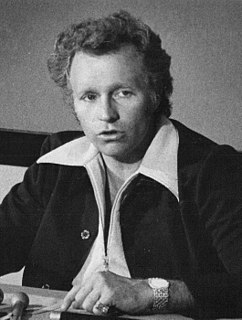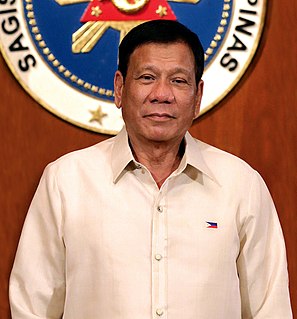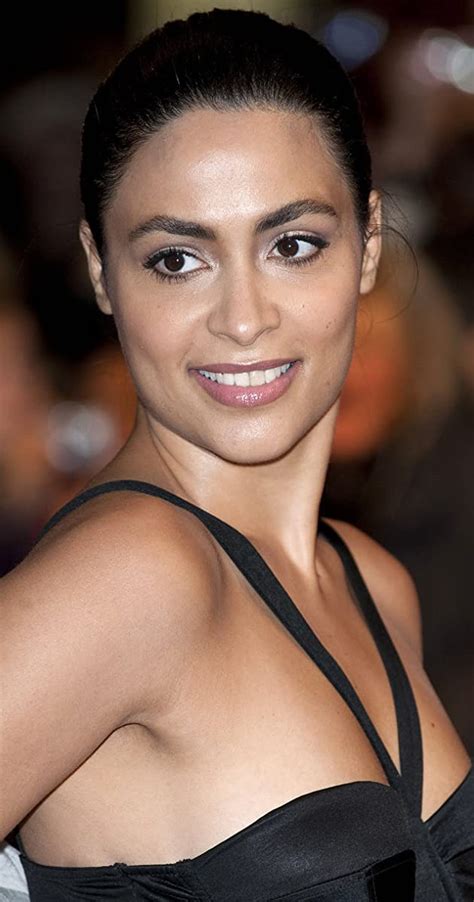A Quote by Winnie Byanyima
I grew up in a country that was in a civil conflict for most of my childhood and adolescence. I saw violence and lived as a teenager through the time of a brutal dictator called Idi Amin. I fled and became a refugee.
Related Quotes
We have the most prolonged adolescence in the history of mankind. There is no other society that requires so many years to pass before people are grown up ... Adolescence is nurtured and prolonged by educational processes and by industry that has found a bonanza in embracing the adolescent population and fortifying 'adolescent values.' This prolongation of adolescence robs the country of the population group having the most risk takers, and the highest ideals.

































